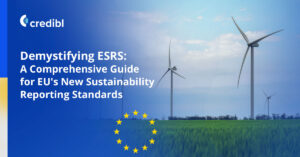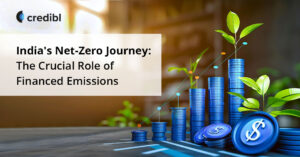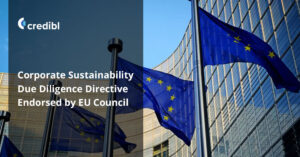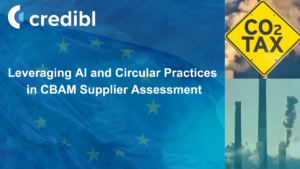The Sustainability Accounting Standards Board, colloquially known as SASB, Is a non-profit organization that develops industry-specific standards for businesses to disclose financially material, sustainability-related information to investors. Suppose you’ve come across SASB in corporate dialogues but are unsure about its role or implications. In that case, this article will serve as a source for unfolding the significance of SASB within the corporate sustainability narrative.
What exactly is SASB?
Founded in 2011, SASB is a non-profit organization that provides guidance to businesses around the world about which sustainability topics they should be disclosing in their financial filings. The aim is to help businesses identify, manage and report on the sustainability topics that matter most to their investors.
SASB has developed a set of standards that are industry-specific and are designed to help businesses disclose material, decision-useful information to investors. In other words, SASB makes it easier for companies to communicate effectively with investors about their sustainability performance.
How is SASB different?
Unlike other frameworks which tend to have a broader focus, SASB is about financial materiality. This means it focuses on the ESG issues that are most likely to impact a company’s financial condition or operating performance. This investor-focused approach has helped SASB gain significant traction in the business community.
Why does SASB matter?
In an era where investors are increasingly demanding more transparent and meaningful ESG information, SASB standards offer a practical way for companies to respond. Using SASB, businesses can provide clear, concise, and comparable information about their ESG performance – something that is becoming increasingly critical as ESG risks and opportunities are factored into investment decisions.
A Closer Look at SASB Standards
SASB’s strength lies in its sector-specific approach. The organization has developed a set of 77 industry standards that cover a wide range of critical sustainability areas, from greenhouse gas emissions to labor practices. These standards offer a robust framework for companies to identify and report on material ESG issues pertinent to their industry.
Each standard includes:
- Disclosure topics that represent the sustainability issues are most likely to impact a company’s financial performance within the specific industry.
- Accounting metrics offer companies specific ways to measure and communicate their performance on each topic.
- Technical protocols that provide guidance on how to compile data in a consistent and comparable manner.
The Future of SASB
The recent merger of SASB and the International Integrated Reporting Council (IIRC) to form the Value Reporting Foundation is set to simplify the corporate reporting landscape and provide clear, investor-focused sustainability standards. It’s a game-changing move that signals the increasing importance of sustainability reporting.
Conclusion
SASB is certainly making waves in the sustainability space, and it’s worth paying attention to, especially if you’re a business seeking to improve its sustainability reporting. Remember, good reporting isn’t just about compliance; it’s also a tool to gain investor trust and improve your company’s overall sustainability performance. SASB provides the tools to do just that.
Connect with us to learn more about SASB reporting expertise!







